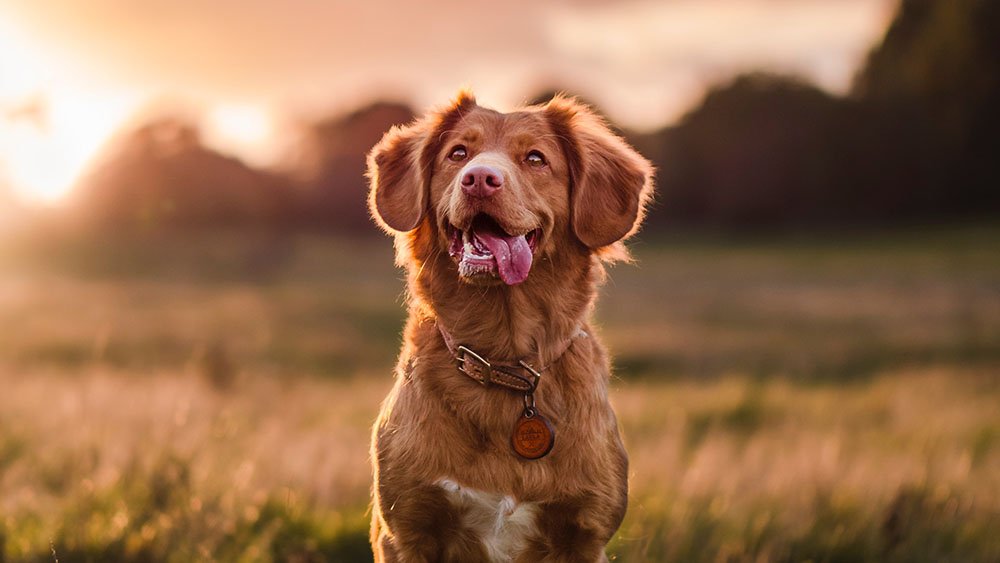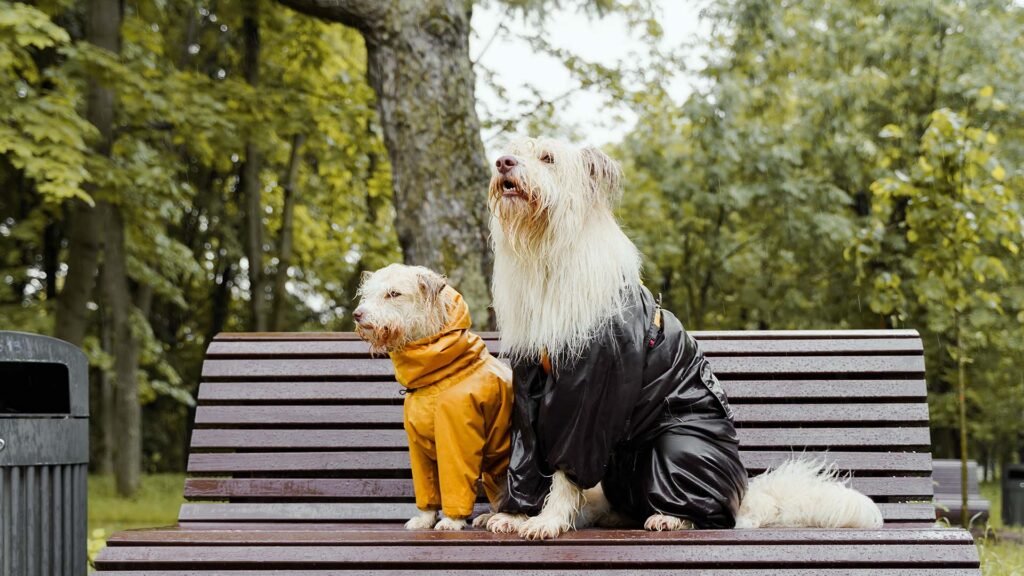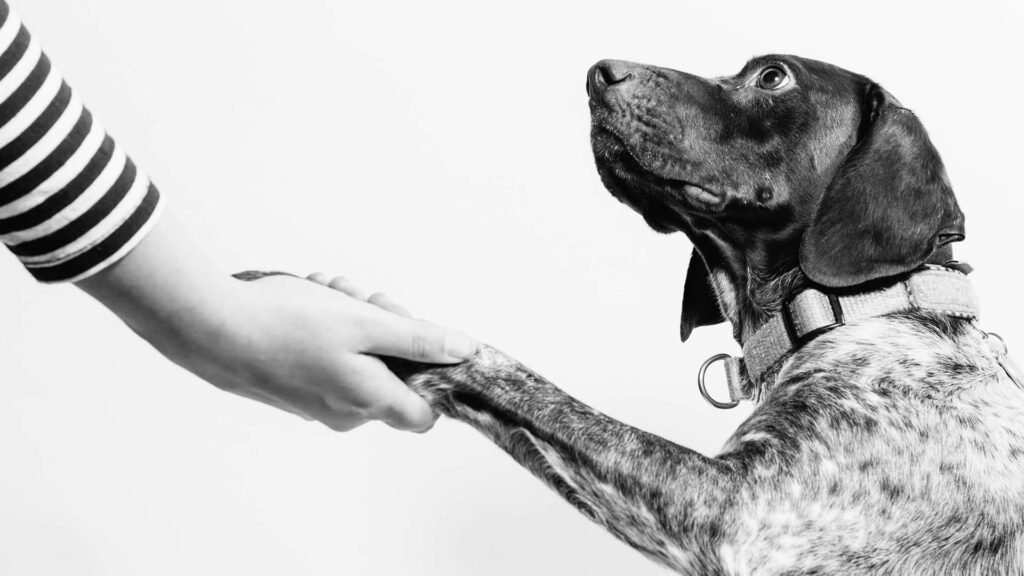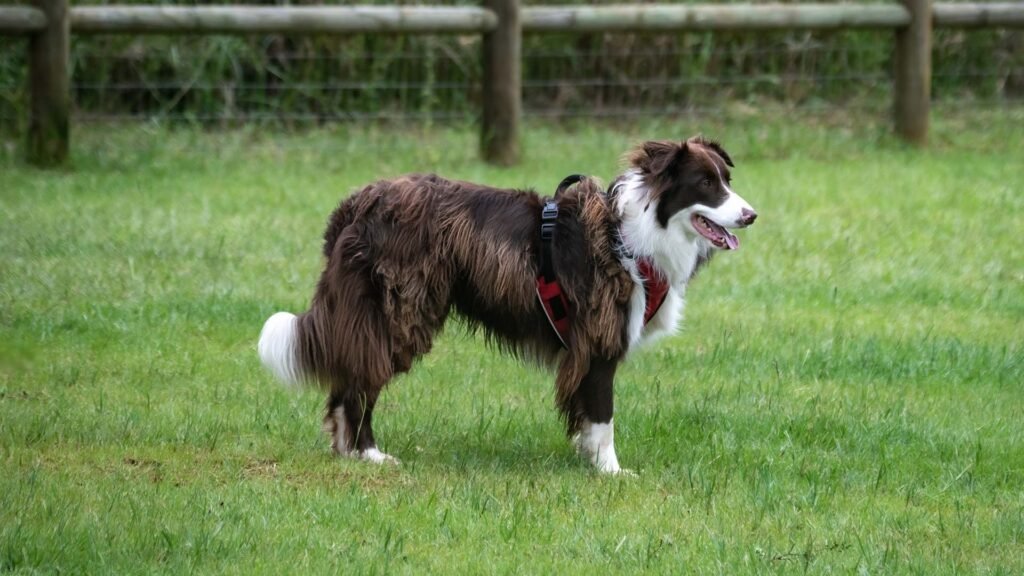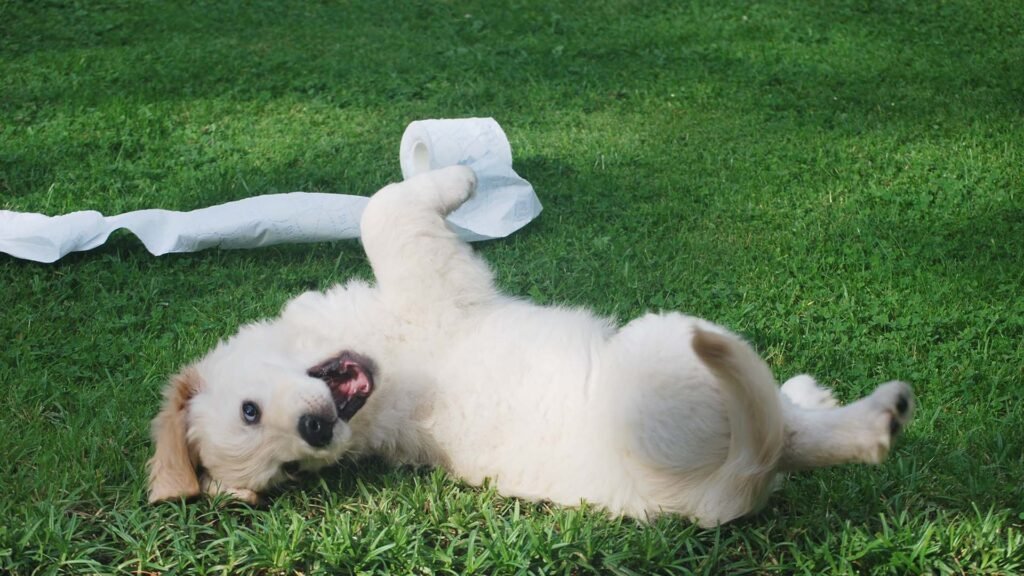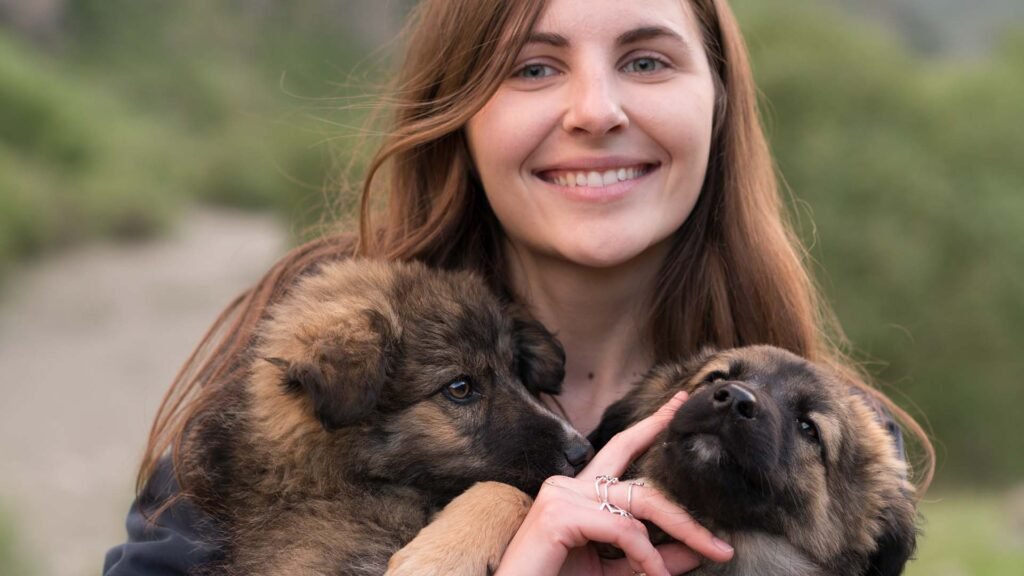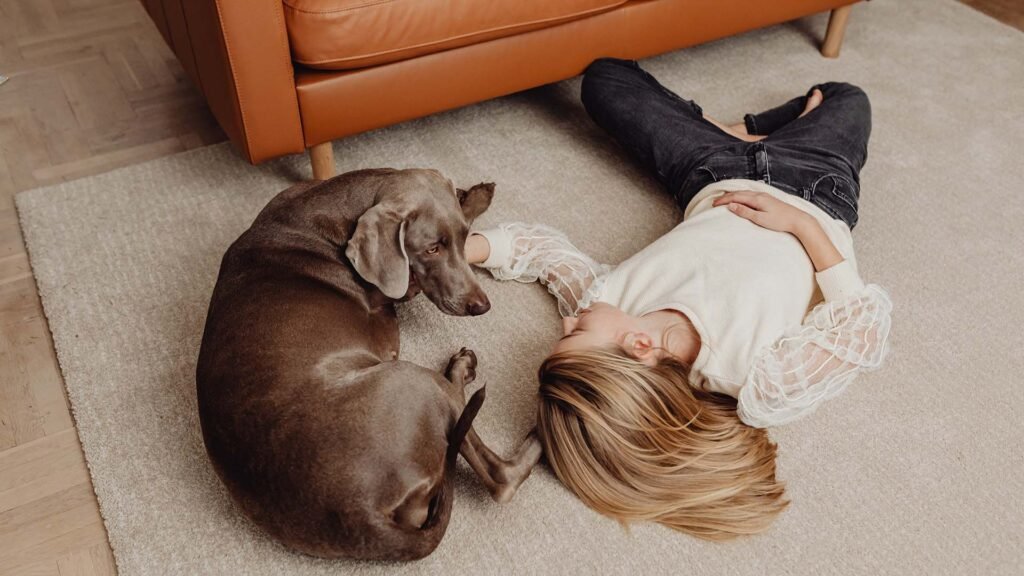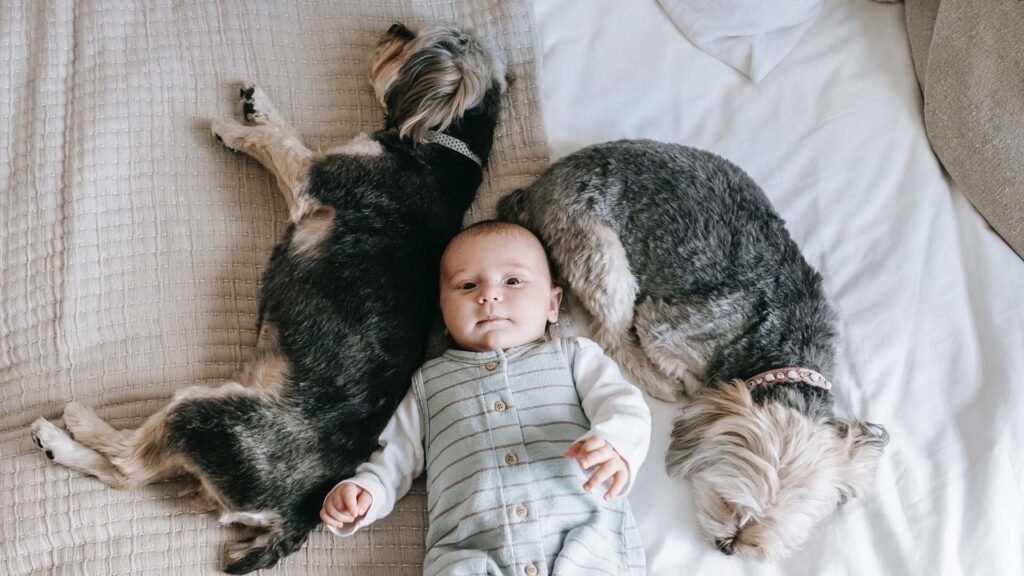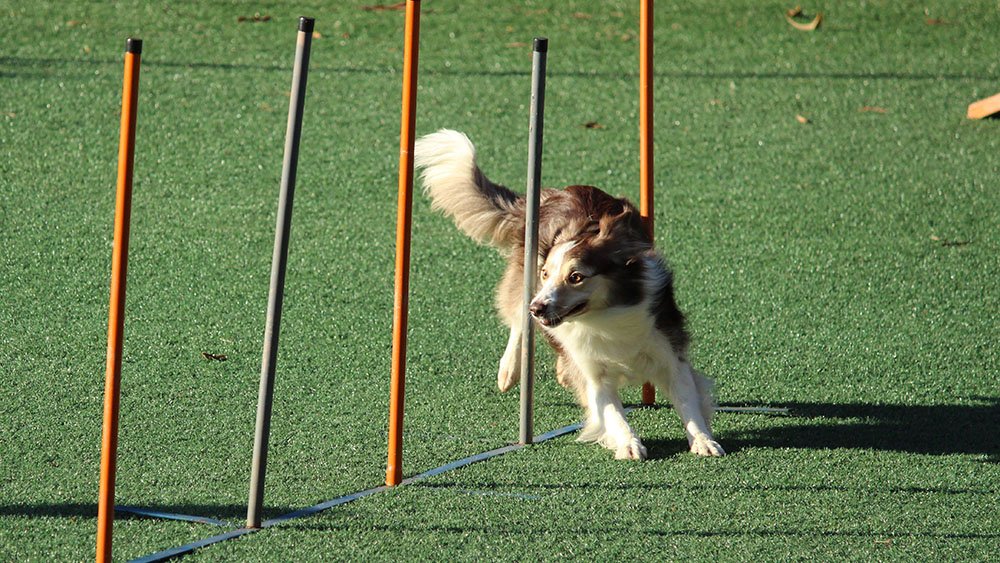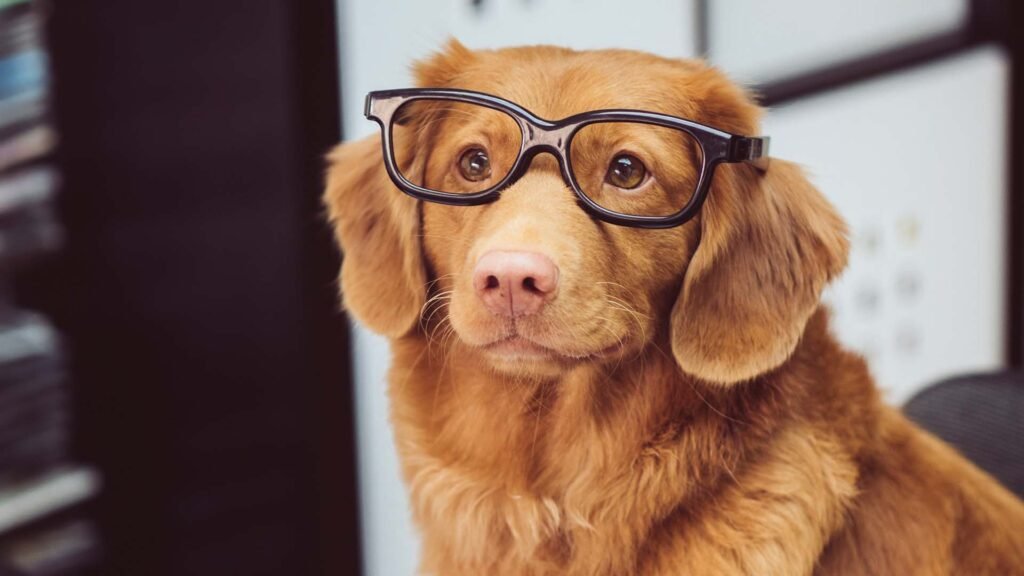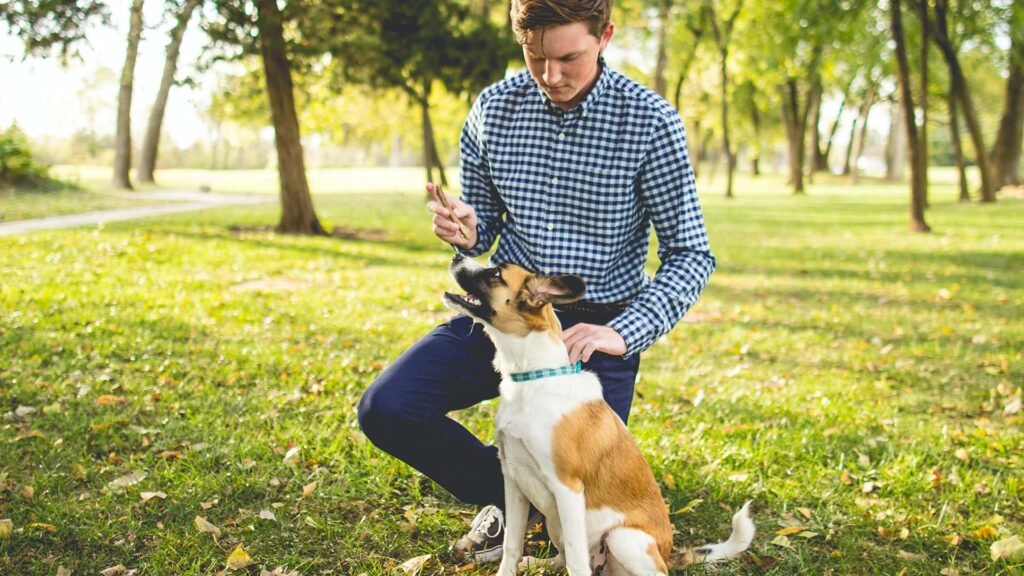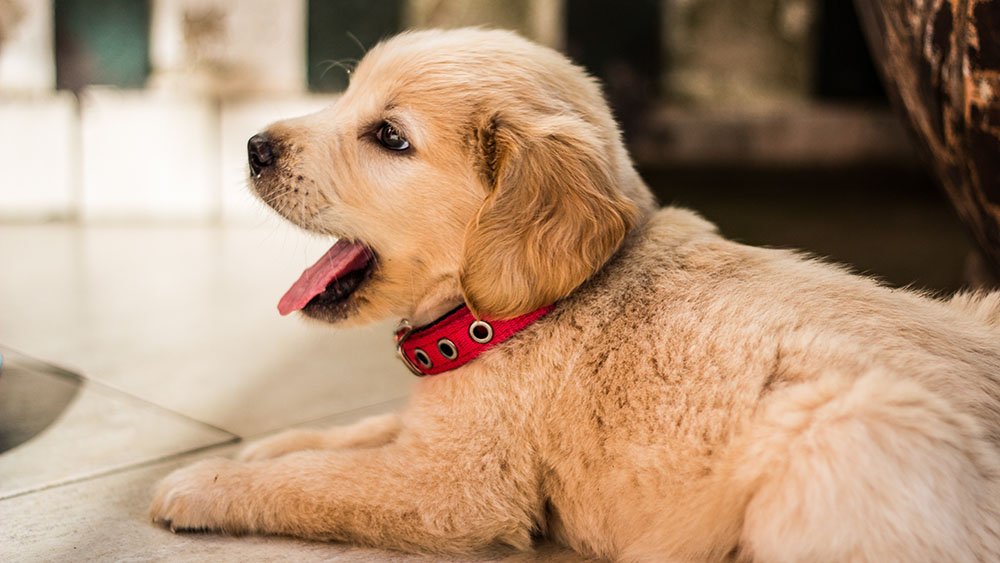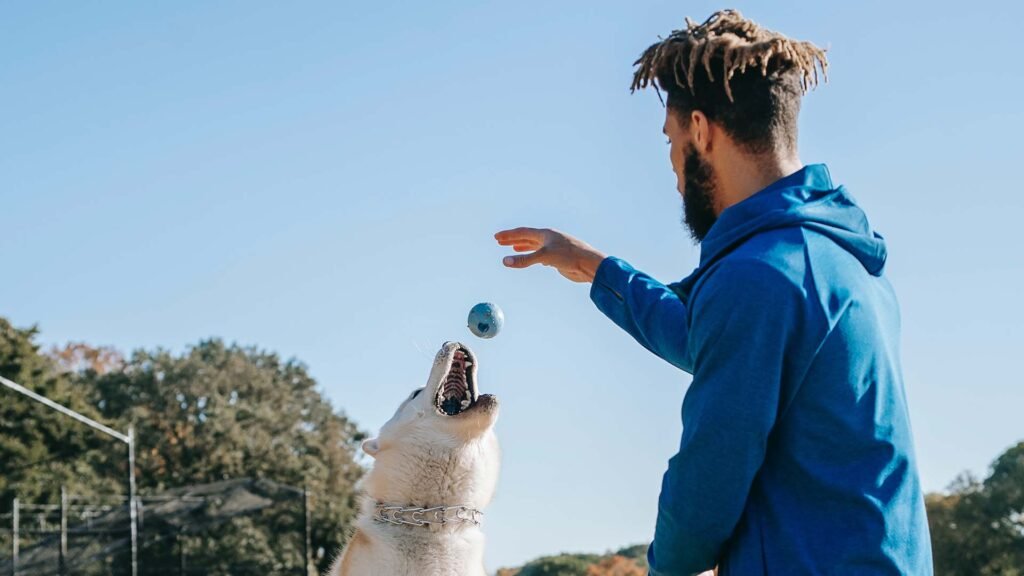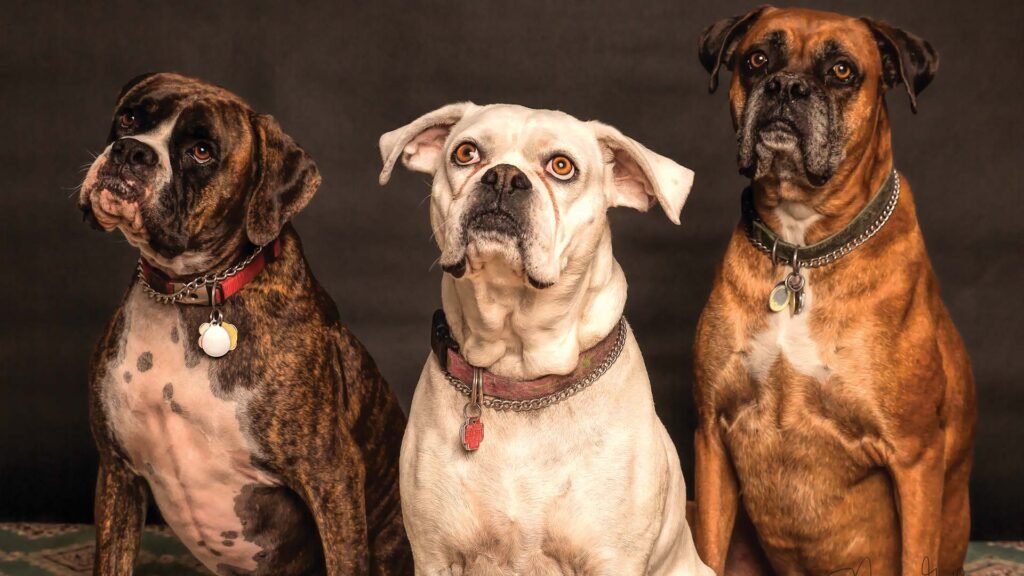There is never an ideal time to begin training your puppy because there is always something to be learned, and puppies can and should start training at any age. However, if you wait until they are older, they will be harder to train. The younger they are, the more moldable their brains are, which means that the tasks of puppy training can become second nature to them before their brains have developed bad habits.

Puppy Training Basics
Training a puppy is all about love, patience, and consistency. You have to remember that your puppy is still very young and doesn’t understand everything you’re trying to teach him.
You should always make sure your puppy is comfortable and relaxed before beginning any training session; This means ensuring he’s fed, watered, and not too tired from playing or running around. In addition, it would help if you chose a quiet place where you won’t be disturbed by other pets or people coming into the room.
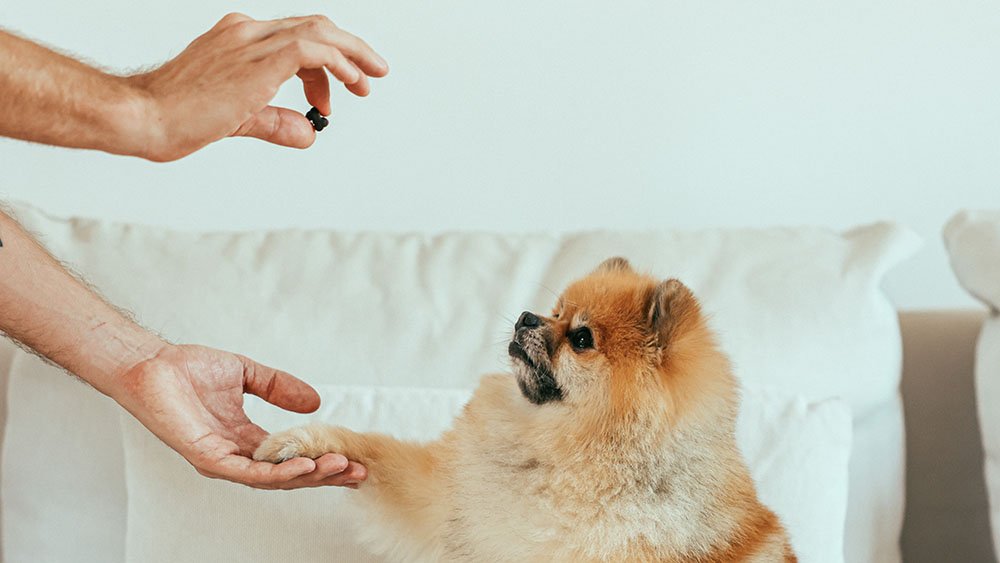
The best way to get started with puppy training is by teaching him simple commands like “sit” or “stay.” These basic commands are great for controlling your new pet’s behaviour when he gets too excited or wants to get up and move around when it’s inappropriate (like when guests come over).It’s vital that you keep these lessons short so that they don’t become boring for either of you—and remember that consistency is critical! Set aside plenty of time for training sessions so that both you and your puppy can focus on learning something new without any time constraints.
Most importantly, use positive reinforcement whenever possible. Positive reinforcement means rewarding good behaviour so that your pup will repeat it in the future. For example, if your puppy sits when asked to do so, reward a treat right away or lavishly praise your dog with words like “good boy!” or “you’re such a smart boy(/girl)!” You can also give treats as rewards for walking nicely on a leash or coming when called off-leash!
In conclusion, training a new puppy is about much more than teaching her to obey commands. It’s about giving her a safe and healthy start in life and making sure that you’re around for many years. It’s imperative not to rush things–and no amount of swearing, yelling, or even smacking will ever make your puppy learn faster. When you slow down and take the time to teach your puppy gently, you’ll both feel calmer, happier, and more confident as the weeks go by. Then, we can get down to the fun stuff when you have the basics handled!
[blogxer-post-single-gallery]

